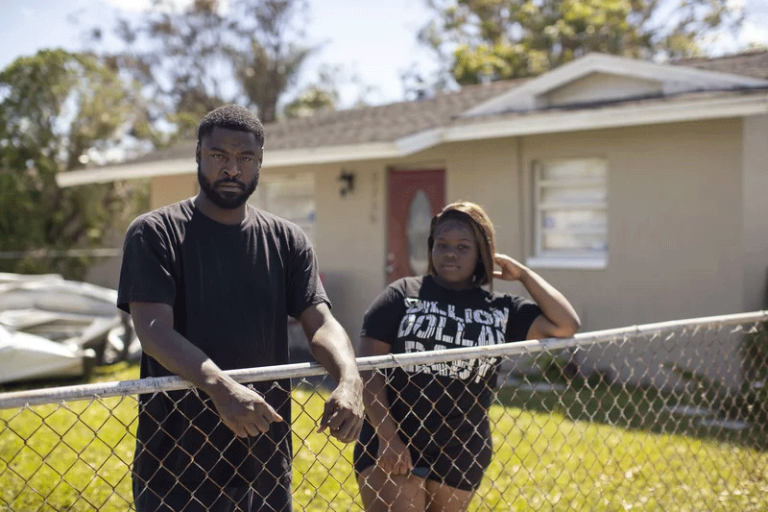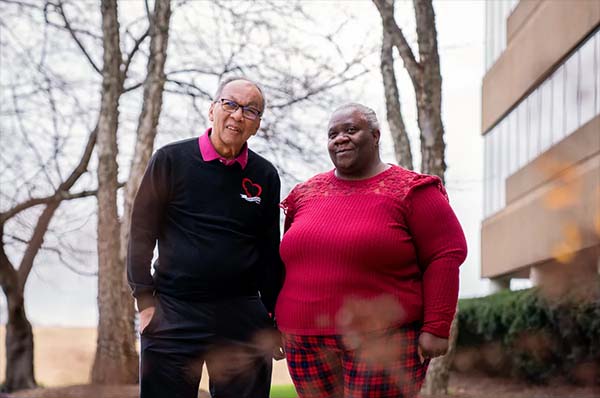

I then instructed her to go online and get a free credit report at annualcreditreport.com.
I asked her a few weeks later how the condo search was going? She stated that her credit score had to improve if she was going to purchase a condo.
I then asked myself how many people, young and old, didn’t know their credit score.
Your credit score is your financial driver’s license. The score ranges from a low of 300 to a high of 850. This is the score banks, credit unions and other lending institutions review prior to extending financing on any purchase of an automobile, home or numerous other purchases. The higher your score, the better your chances of having financing extended to you.
A lower score decreases your chances of having financing extended. If credit is extended often times you will pay a higher rate of interest which will make your purchase more expensive. A score above 720 is considered good. Scores between 720 and 640 are considered alright; and below 640 that is considered poor.
Many employers will not hire prospective employees with low credit scores. In some states, insurance companies are allowed to access your credit score to determine whether they want you as an automobile or homeowner insurance customer. It may seem unfair but that is how the system works.
What makes up your Credit score?
There are 7 components of a credit score. Your payment history makes up 35% of your score. If you pay your bills on time, no problem. If you have a few late payments your score will suffer. Your debt usage makes up 30% of your score. This is calculated by adding up all your available credit then determining what percentage of that credit has been used. The lower your debt usage percentage the better your score. Keep that usage percentage below 25%. It’s better to have 2 cards below 25% usage than have 1 card with 50% usage. It’s more beneficial to have credit spread out over a number of cards than having high usage on 1 card. They are evaluating your ability to handle a number of credit sources. Credit age makes up 15% of your score. The length of time you’ve had credit and handled it properly makes a difference. The account mix makes up another 10%. Vary your credit mix. Don’t have it all concentrated with such retailers as Macy’s and Penney’s. Credit inquiries make up the final 10%. Too many recently opened accounts may be a sign of financial distress.
Once you have learned your score keep it high by doing the following:
• When closing accounts, close your most recently opened accounts.
• Don’t run up high balances.
• Don’t apply for new credit repeatedly.
• Pay fines and fees on none credit card bills such library fines and parking tickets.
• Don’t ignore mistakes on your credit report.
• Don’t make late payments or skip them entirely.
Unfortunately people are often extended more credit than they can comfortably pay for, and if that credit is used, it will lead to serious financial problems further down the road. Use the credit extended to you wisely and your credit score will remain high.
Source: Contributing Writer, David Fontaine ~ www.minorityfinancialliteracycenter.com







